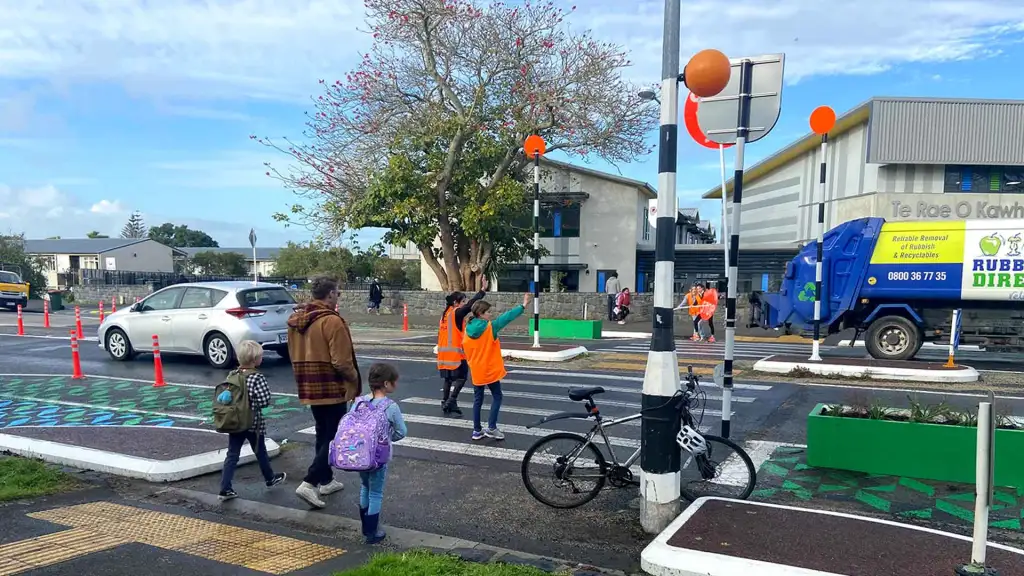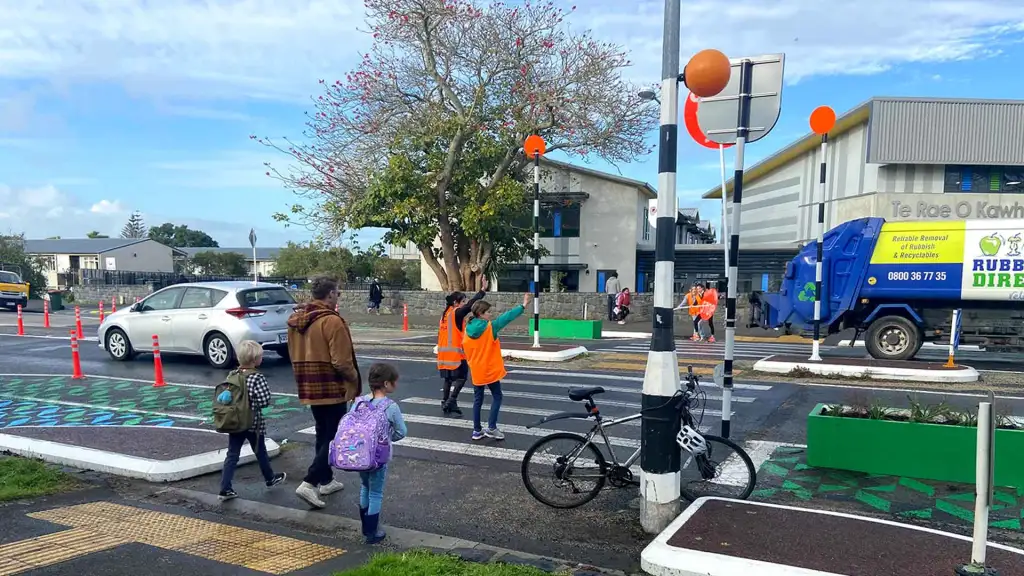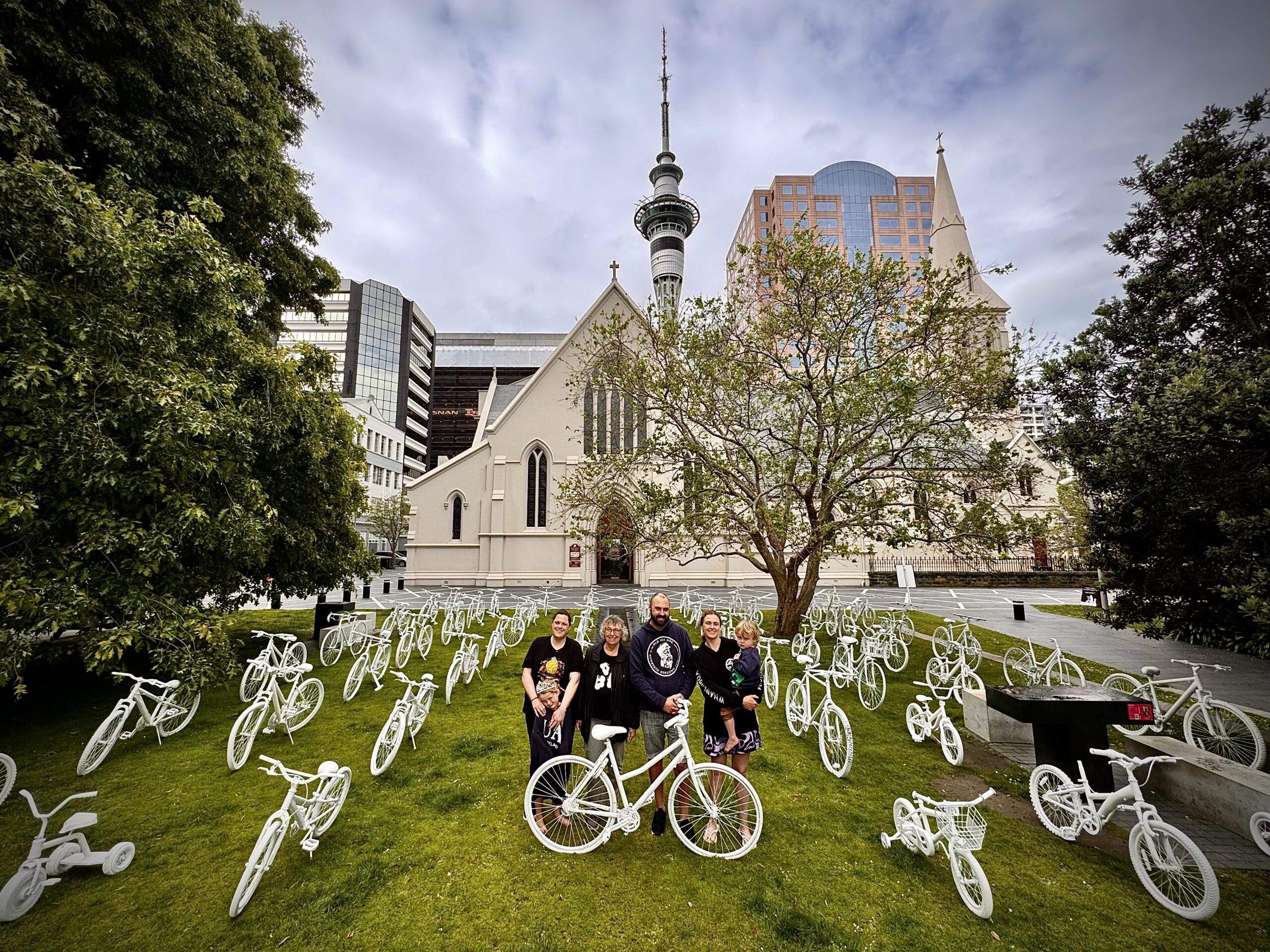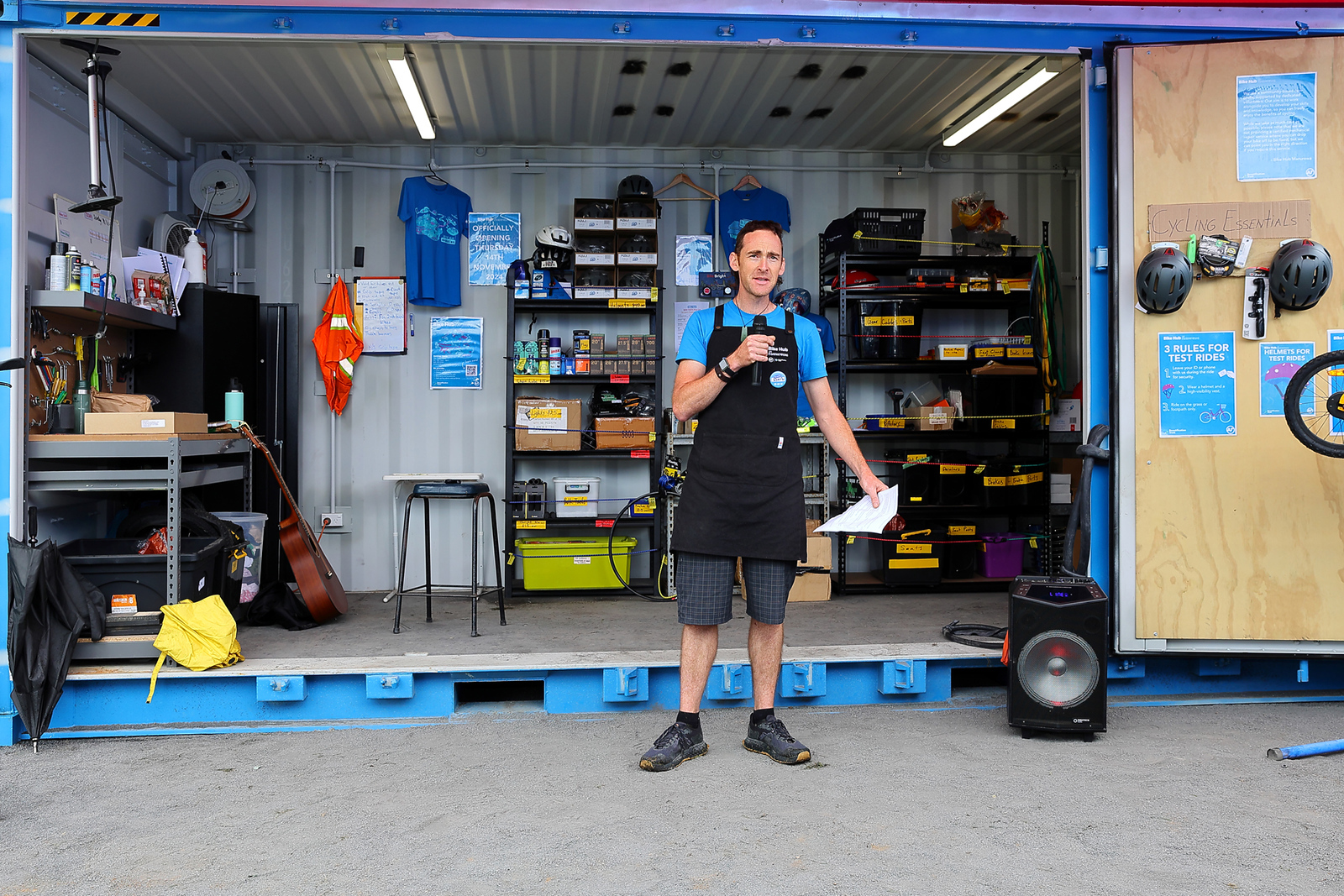We’re almost at the midpoint of the key decade for urgent action on climate. In Aotearoa, the stakes are clearer than ever, from the damaging impacts of weather events to the challenging financial implications that follow. The opportunities, of course, are also immense – rapidly moving to a low-carbon economy offers so many positives, and will be a smart move for a nation that has long prided itself on being clean and green.
As a new government takes the reins, what can we hope for as they guide New Zealanders – and the public investment that shapes our lives – through this critical period? One early indication should concern business-minded people and community advocates alike.
After the close of business last week, RNZ reported that dozens of climate-forward transport projects around the country were suddenly up in the air:
“Waka Kotahi (New Zealand Transport Agency) is putting on hold hundreds of millions of dollars of funding for projects designed to reduce New Zealand’s emissions through encouraging walking, cycling and the use of public transport.
In a statement, the transport agency said before it could follow through with commitments already made to councils and other organisations, “it needs a clear direction from the incoming government on its transport investment priorities”.
The sudden halt affects the Transport Choices programme and VKT (vehicle kilometres travelled) Reduction programme, both of which are funded by the Climate Emergency Response Fund (CERF). As a result, planning and procurement by the 46 affected councils and the associated suppliers to these projects have been stopped in mid-stream.
It simply cannot be fiscally prudent to create this degree and breadth of uncertainty around commitments that have been consulted, planned and approved in line with policy that is in place right now. How does this align with the commitment by Waka Kotahi to build “trusted, effective relationships with local and central government agencies, industry, communities and other stakeholders to achieve mutual outcomes”?
The transport agency’s vision of “a low carbon, safe and healthy land transport system” should not be so easily buffeted by predictable political weather. And for Waka Kotahi to pull or pause projects simply because an incoming administration might change policy in the future strikes me as an unexpected interpretation of their responsibility.
After all, transport contributes 44% of New Zealand’s CO2 emissions, and Waka Kotahi holds significant responsibility for delivering the changes that New Zealand needs to meet its commitments to restrict global warming to 1.5 degrees.
The CERF-funded projects are not just nice-to-haves, they are essential and transformative. For example, one of the key projects for Auckland is the Karangahape Road project to improve access to and around the CRL station, our biggest transport investment ever, which needs to be a success from day one.
Also up in the air are local projects that enhance safety and mode-shift around schools. Nationally, 33 of the 46 on-hold Transport Choices projects focus on improving safety for children near schools – of direct benefit to our children, while also addressing the productivity sinkhole of the congestion-causing modern day school run.

These are all timely and constructive projects, put forward by local councils and communities. And in 2023, it is simply baffling to see any politicisation of basic street safety initiatives and carbon-reduction policies that help give people a range of affordable alternatives to driving everywhere and wasting hours of their lives in traffic.
Moreover, there is growing thought leadership on climate action from business leaders, reporting requirements are ramping up for carbon impacts, and there are increasing demands from markets and consumers for accountability in this area. Should New Zealand fall behind internationally in meeting its climate commitments, we can expect as an exporter that financial implications will follow. None of this is good for business.
It is natural to expect that the government and their agencies will be in alignment with the wider consensus that it is time for action. Instead, this pre-emptive pause by Waka Kotahi raises the spectre of government policy with no follow-through, and agencies that are woefully out of step with business, local government, and communities around the motu.
So, as we await the outcome of negotiations over the shape and priorities of the incoming government, our political leaders should remember that the ticking climate clock is non-negotiable. It’s time to press on with giving New Zealanders healthy, adaptable, affordable transport choices – which not only contribute to a flourishing economy, but also help secure a viable future for our children. Surely that is the ultimate bottom line!




